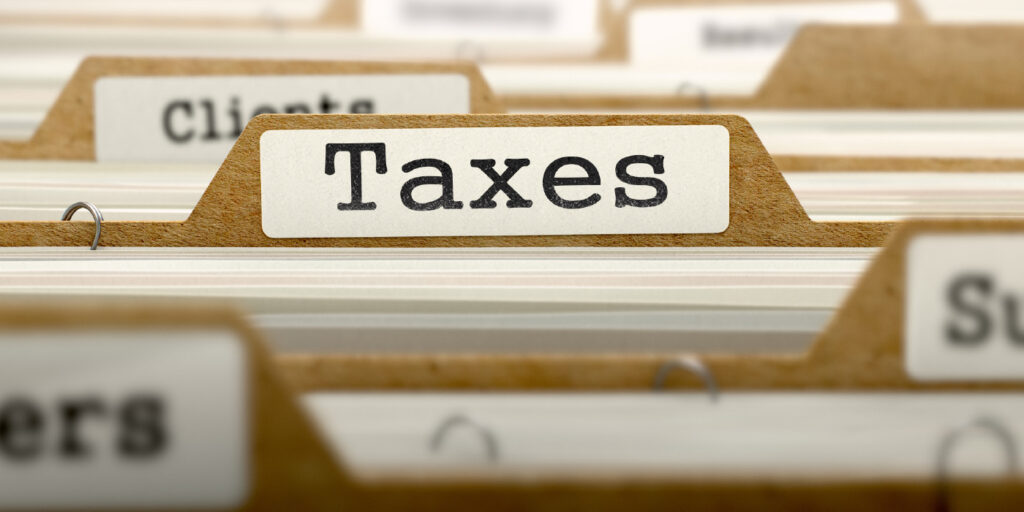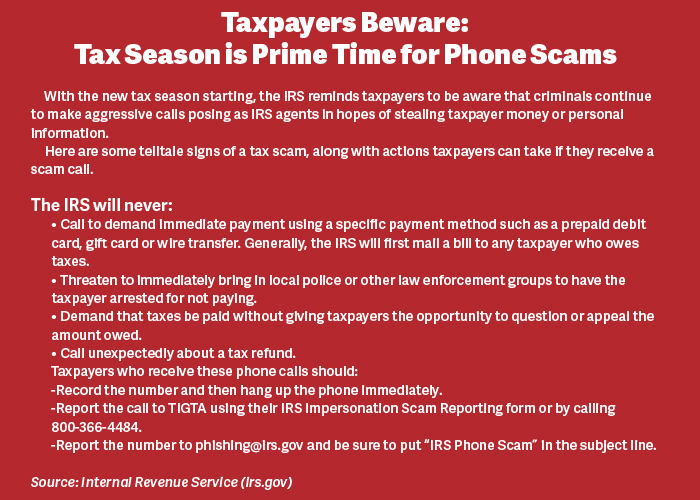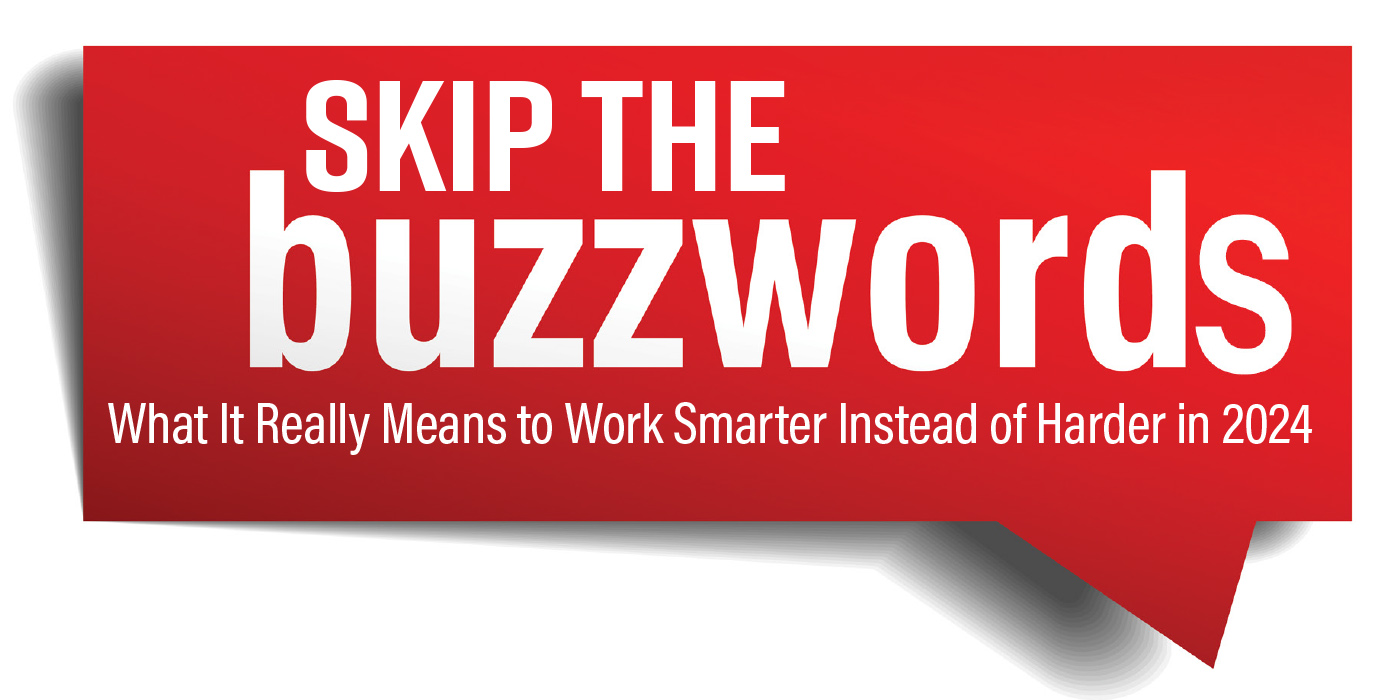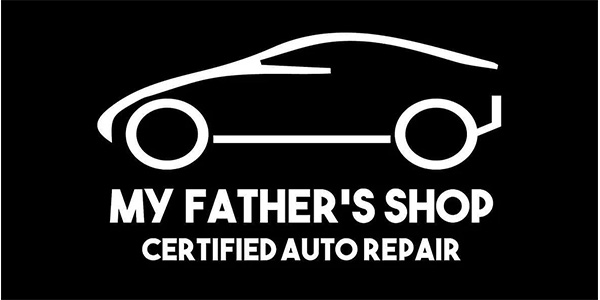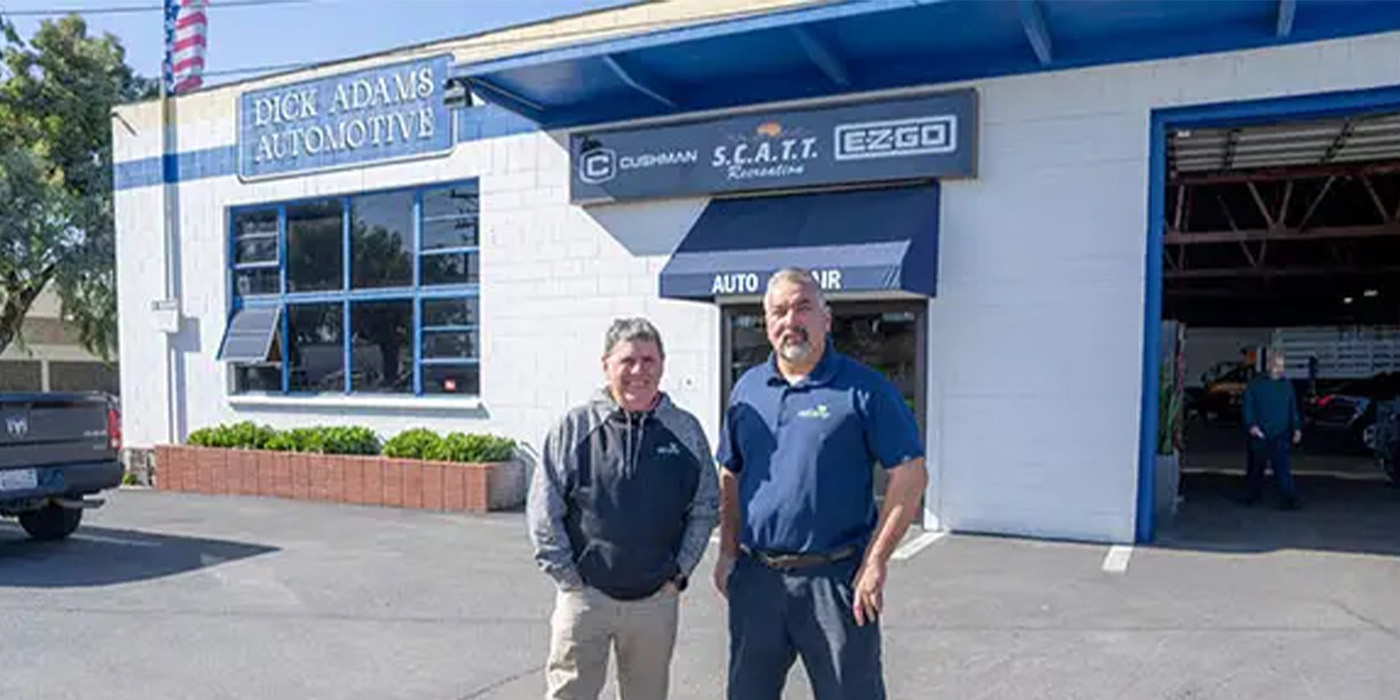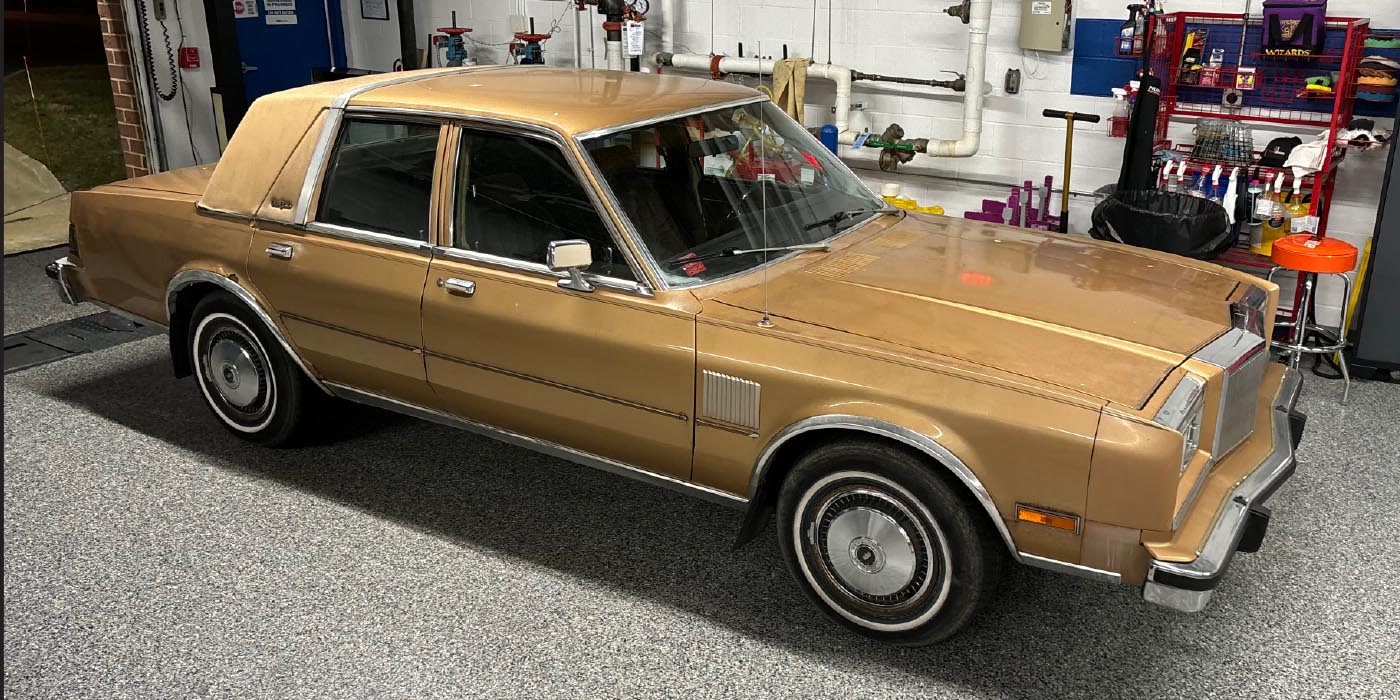They say nothing’s certain except for death and taxes and, every year, it’s certain that there will be changes to current tax law. This year is no different. From standard deductions to health savings accounts and tax rate schedules, here’s a checklist of tax changes to help you plan the year ahead.
Standard Mileage Rates
In 2022, the rate for business miles driven is 58.5 cents per mile, up 2.5 cents from the rate for 2021.
Section 179 Expensing
In 2022, the Section 179 expense deduction increases to a maximum deduction of $1,080,000 of the first $2,700,000 of qualifying equipment placed in service during the current tax year.
This amount is indexed to inflation for tax years after 2018. The deduction was enhanced under the TCJA to include improvements to nonresidential qualified real property such as roofs, fire protection, alarm systems and security systems, and heating, ventilation and air-conditioning systems. Also of note is that costs associated with the purchase of any sport utility vehicle, treated as a Section 179 expense, cannot exceed $27,000.
Bonus Depreciation
Businesses are allowed to immediately deduct 100% of the cost of eligible property placed in service after Sept. 27, 2017, and before Jan. 1, 2023, after which it will be phased downward over a four-year period: 80% in 2023, 60% in 2024, 40% in 2025, 20% in 2026, and 0% in 2027 and years beyond.
Qualified Business Income Deduction
Eligible taxpayers are able to deduct up to 20% of certain business income from qualified domestic businesses, as well as certain dividends. To qualify for the deduction, business income must not exceed a certain dollar amount. In 2022, these threshold amounts are $170,050 for single and head of household filers and $340,100 for married taxpayers filing joint returns.
Tax Credit: Research and Development
Starting in 2018, businesses with less than $50 million in gross receipts can use this credit to offset alternative minimum tax. Certain start-up businesses that might not have any income tax liability will be able to offset payroll taxes with the credit, as well.
Work Opportunity Tax Credit (WOTC)
Extended through 2025 (The Consolidated Appropriations Act, 2021), the Work Opportunity Tax Credit is available for employers who hire long-term unemployed individuals (unemployed for 27 weeks or more) and is generally equal to 40% of the first $6,000 of wages paid to a new hire.
Employee Health Insurance Expenses
For taxable years beginning in 2022, the dollar amount of average wages is $28,700 ($27,800 in 2021). This amount is used for limiting the small employer health insurance credit and for determining who is an eligible small employer for purposes of the credit.
Business Meals and Entertainment Expenses
Taxpayers who incur food and beverage expenses associated with operating a trade or business are able to deduct 100% (50% for tax years 2018-2020) of these expenses for tax years 2021 and 2022 (The Consolidated Appropriations Act, 2021), as long as the meal is provided by a restaurant.
Employer-provided Transportation Fringe Benefits
If you provide transportation fringe benefits to your employees in 2022, the maximum monthly limitation for transportation in a commuter highway vehicle as well as any transit pass is $280. The monthly limitation for qualified parking is $280.
While this checklist outlines important tax changes for 2022, additional changes in tax law are likely to arise during the year. Don’t hesitate to call us at 973 520-8123 if you have any questions or want to get a head start on tax planning for the year ahead.

